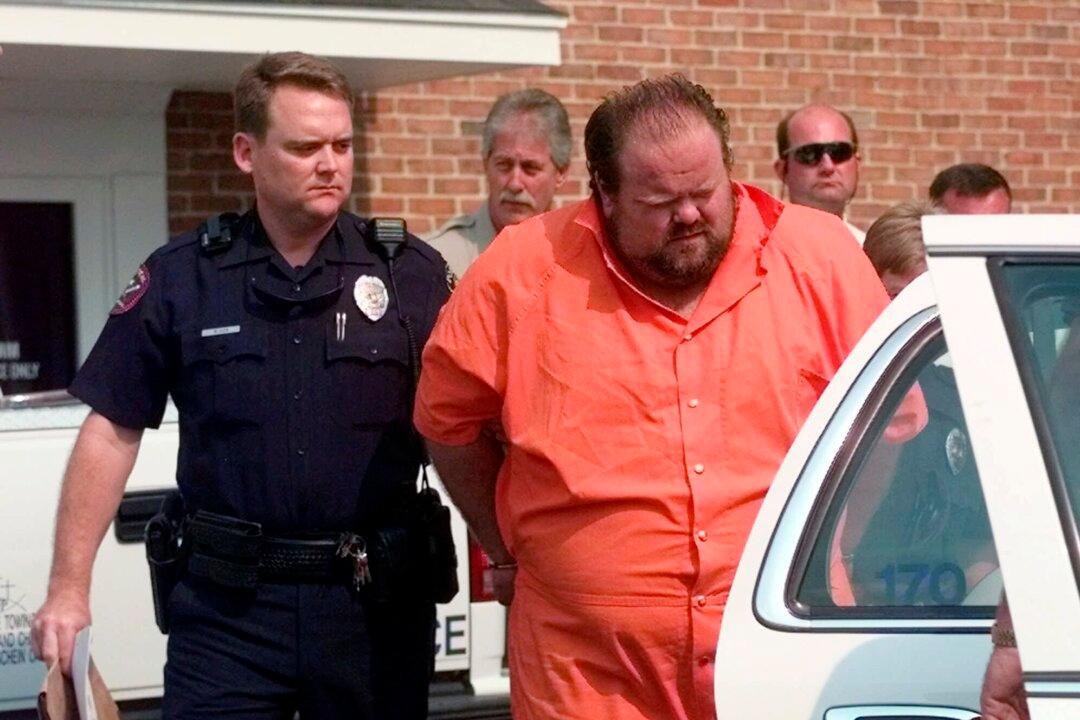MONTGOMERY, Ala.—Alabama could be ready to use a new, untried execution method called nitrogen hypoxia to carry out a death sentence later this month, a state attorney told a federal judge Monday.
James Houts, a deputy state attorney general, told U.S. District Judge R. Austin Huffaker Jr. that it is “very likely” the method will be available for the execution of Alan Eugene Miller, currently set for Sept. 22 by lethal injection.





